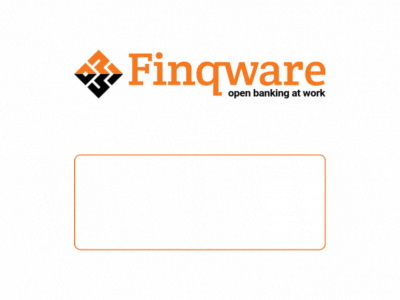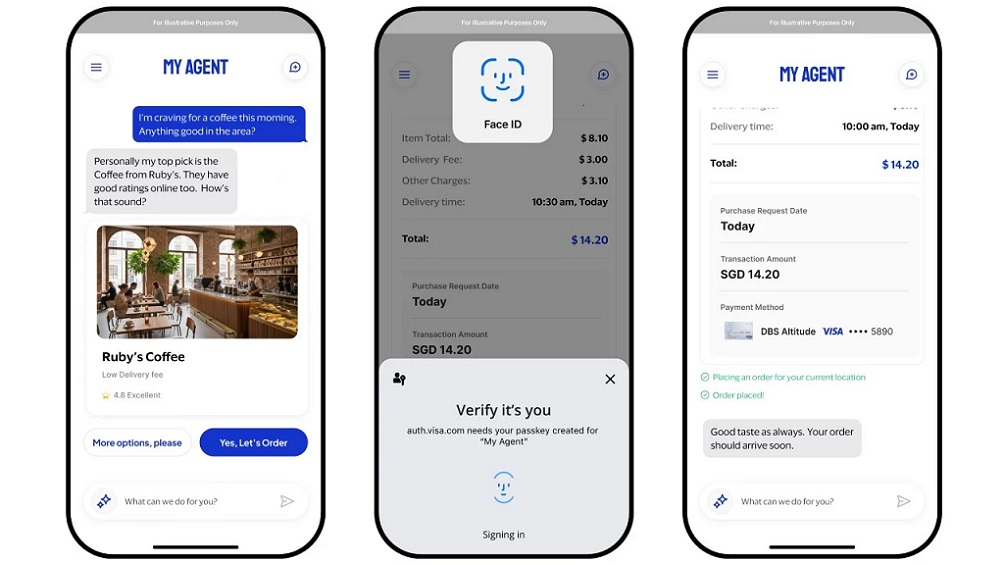How open banking data is delivering fair, fast and affordable lending – case study

This case study covers how:
Open banking enables faster lending by using real-time financial data to assess affordability, helping borrowers bypass outdated credit scores and access responsible credit.
Salad uses open banking to support credit-invisible employees, lending £164 million to over 112,000 people and helping identify £68.2 million in unclaimed benefits.
Plend leverages open banking for near real-time affordability checks, saving customers an average of £2,077 and expanding access to fair credit for excluded groups.
One in three UK adults are financially underserved due to inaccurate or incomplete credit data, and struggle to access mainstream borrowing, despite, in many instances, being able to repay. With limited options, many are forced into high-cost borrowing or miss out on credit, creating unnecessary stress and long-term financial challenges.
Open banking is changing that. Alternative lenders such as Salad and Plend are harnessing near real-time open banking data to make smarter, more inclusive lending decisions that prioritise a person’s actual financial situation over legacy credit scores.
Salad: Affordable lending for credit-invisible employees
Salad is one of the pioneers of this approach. The social enterprise and FCA-regulated community development finance institution (CDFI) offers lending to UK employees and has so far, lent £164 million to over 112,000 customers using open banking data.
Fast facts
- Inclusive lending: Salad uses open banking to assess real-time income and spending, enabling loans for the UK’s 6 million ‘credit-invisible’ individuals who lack traditional credit histories.
- Clear lending criteria: Salad offers loans of between £500 and £2,000 to UK employees. Borrowers must have a minimum of six months’ worth of past income of at least £1,500 per month from the same employer.
- Fast decisions: Applicants receive personalised lending decisions within minutes, with funds often landing in their account within hours.
- Additional support: Salad’s integration of the InBest benefits checker enables customers to check whether they are entitled to state benefits and signposts them to the relevant website to apply.
- Customer experience: Borrowers appreciate the fair assessment and ability to repay loans early, saving money and improving financial resilience.
“One thing that wouldn’t have been possible without open banking is helping people claim additional benefits. In 2024, we identified £68.2 million worth of additional benefits which people are entitled to each month. For a declined customer, this can sometimes be the difference between them needing to borrow or not.” Tim Rooney, CEO and founder of Salad.
Plend: Debt consolidation and expanded access to credit
Another new-generation social lender, Plend, also uses open banking data to serve financially vulnerable groups – those with thin credit files, newcomers to the UK, and low-income households.
Its 2025 Financial Inclusion report reveals that over one third (38%) of UK adults say their credit score has negatively affected their ability to access financial services, while 24% of people have found it harder to access loans or credit cards over the past year.
Fast facts
- Near real-time assessments: Plend uses open banking to assess affordability in near-real time, bypassing outdated postcode-based scoring models.
- Reduced cost of borrowing: customers save an average of £2,077 compared with loans from traditional lenders.
- Expanded access to credit: 72% of Plend’s customers would otherwise be excluded or forced to rely on expensive or, sometimes even illegal, credit.
- Debt management: open banking data supports debt consolidation, helping customers escape cycles of high-interest borrowing.
- Fairer decisions: Customers appreciate the transparent process. One customer said: “Credit scores will always be here, but with open banking, it gives access to your recent banking data to understand exactly what you can afford to pay each month.”
Many traditional loan assessments are partly based on outdated criteria such as postcode or regional data. If applicants have a thin credit file, this data can skew the outcome of loan applications.” James Pursail, Plend CEO and Co-founder.
Together, these lenders are reshaping what responsible credit looks like in the UK. By prioritising transparency, inclusion, and real-time decision-making, they’re demonstrating how open banking can enable better borrowing and build financial resilience.
With the gap in the availability of affordable credit expected to reach £3bn this year, and many UK households continuing to face cost of living increases, it’s clear that socially inclusive lenders like Salad and Plend – through the use of open banking data – have an increasing role to play in unlocking affordable lending and supporting financial inclusion.
Read the article in full here
Dariusz Mazurkiewicz – CEO at BLIK Polish Payment Standard
Banking 4.0 – „how was the experience for you”
„To be honest I think that Sinaia, your conference, is much better then Davos.”
Many more interesting quotes in the video below:











